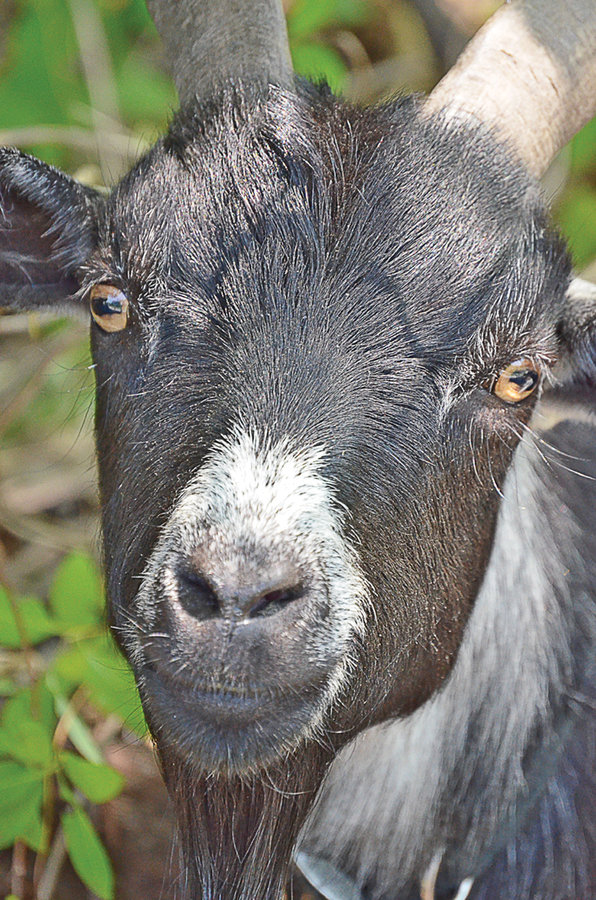“I never knew this, but goats eat poison ivy,” North Bergen member of the Hudson County of Chosen Freeholder Anthony Vainieri said in a recent phone interview.
Vainieri, whose specialty on the town commission is parks and recreation of the eigth district, knows it now. Recently, the North Bergen Parks Department and the County of Hudson hired 25 goats to demolish the poison ivy in the bird sanctuary at Braddock Park. After the poison ivy-infected area is closed off, the goats will be living there from May until September.
The Hudson County Board of Chosen Freeholders approved the rental of 25 goats to clear poison ivy at their meeting on April 6.
The ivy has become a risk for town workers, officials said.
“The bird sanctuary is located on a steep hill in the park, and it’s flooded with poison ivy, which makes it unsuitable for workers to clean safely,” Vainieri said. “We tried cleaning it up for years, but it’s not even safe to walk, let alone clean.”
The bird sanctuary or the Natural Wildlife Sanctuary is an area of the county park where the public can see where wild birds migrate and live.
In the past, goats have been hired to eat invasive plants and weeds in Liberty State Park. As with this project, the goats came from Green Goats, a sanctuary of unwanted goats in Rhinebeck, N.Y., used in the Liberty State Park clean up will be used for the bird sanctuary clean up. Green Goats are also used for the Earth Day event in Jersey City.
The county and Parks Department have a contract of $24,370 for the goats to work from the first week of May through September, according to Jim Connelly of the Hudson County Parks Department.
Larry Cihanek, who owns Green Goats, said this is the company’s 10th year providing goats to communities around the U.S. This year Green Goats will be in five states.
“It’s a difficult terrain with ivy on a steep hill,” he said. “Goats’ feet are leveled and they’re very good at steep hills. It’s dangerous for people with weed-whackers or backpacks to go up there.”
Fences have blocked off both sides of the sanctuary with signs that read, “Authorized personnel only,” and “This area may be infected with poison ivy,” with a picture of poison ivy underneath.
The park workers will have to provide fresh stream water to the goats daily, because the goats don’t like standing water, Cihanek said.
The goats need to stay for months because the ivy grows back quickly.
“About 70 percent of the plants eaten die,” Cihanek said. “In most cases we come back twice to clean again to make sure the poison ivy is totally gone.”
This method of removing ivy is safe because there are no pesticides or herbicides involved. “We are about one-fourth of the cost compared to that,” Cihanek said.
Cihanek also said there’s no need to worry if goats will eat surrounding litter.
“Goats don’t eat litter,” he said. “Maybe in fairy tales you’d see them eat tin cans, but in real life the only thing they’d be eating on tin cans are paper labels, because it’s made of the same stuff they eat.”
He added, “They’re smart; you train them to do something once or twice and they remember. They even listen to their names being called, and that’s how they line up to leave.”
Our Digital Archive from 2000 – 2016
